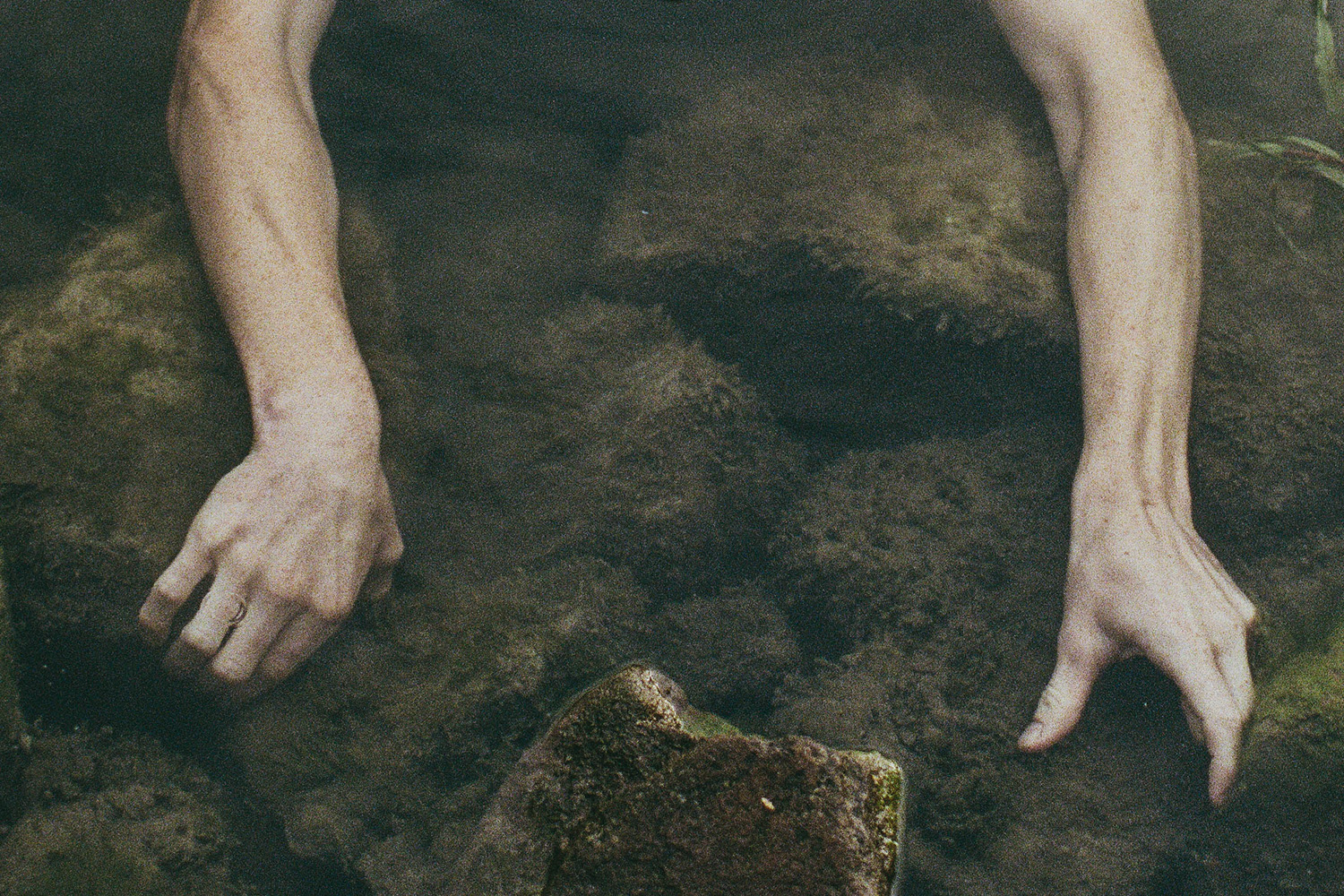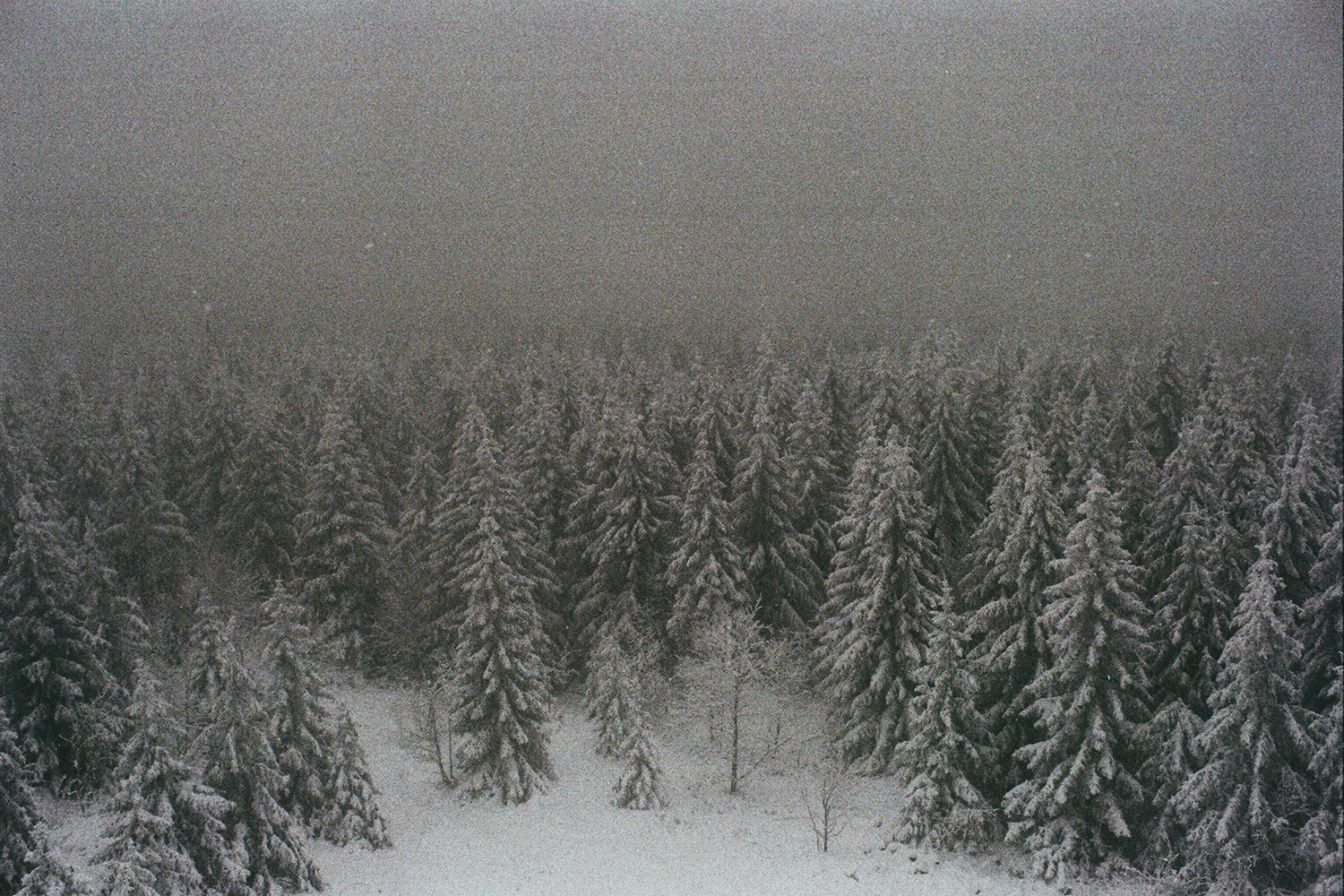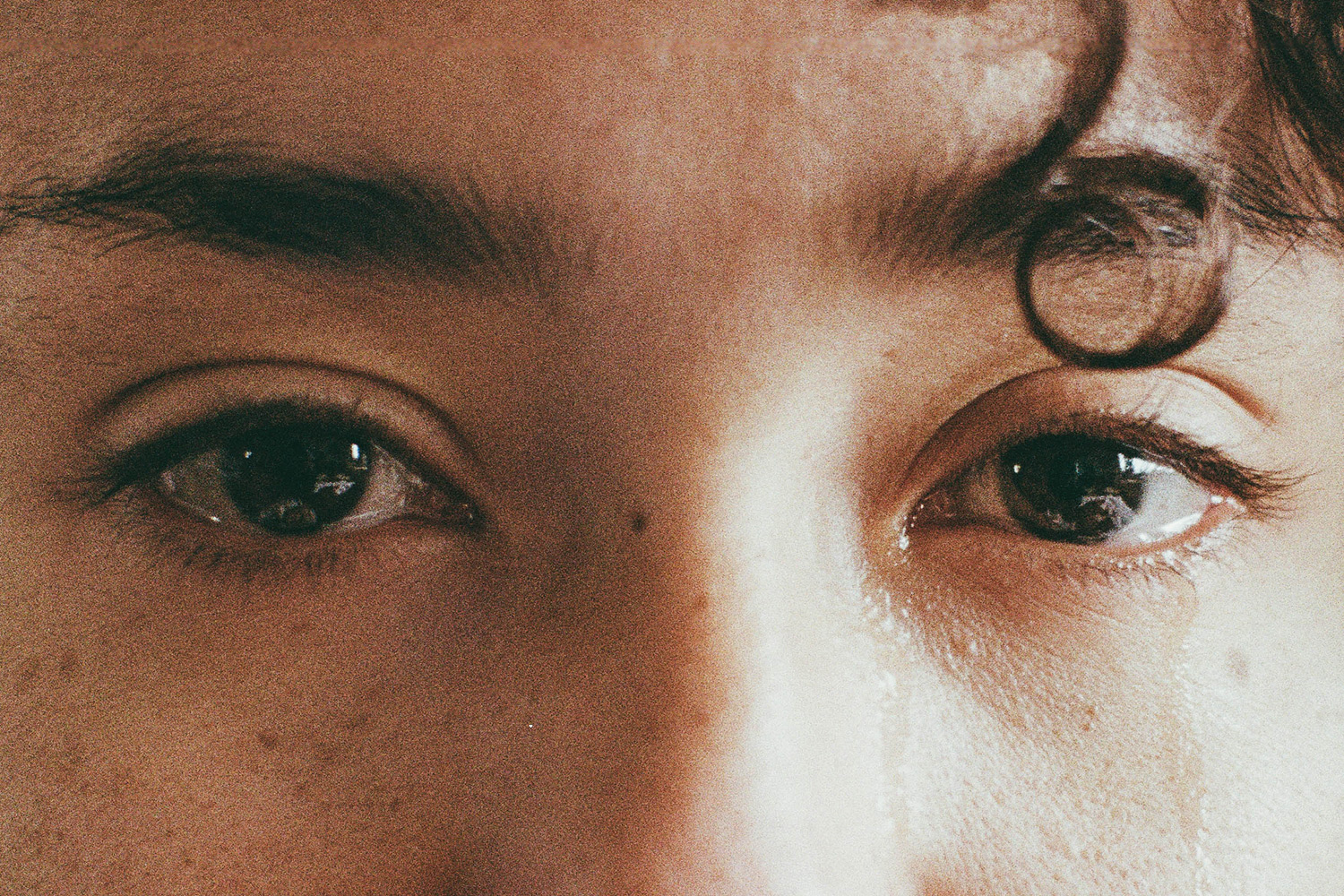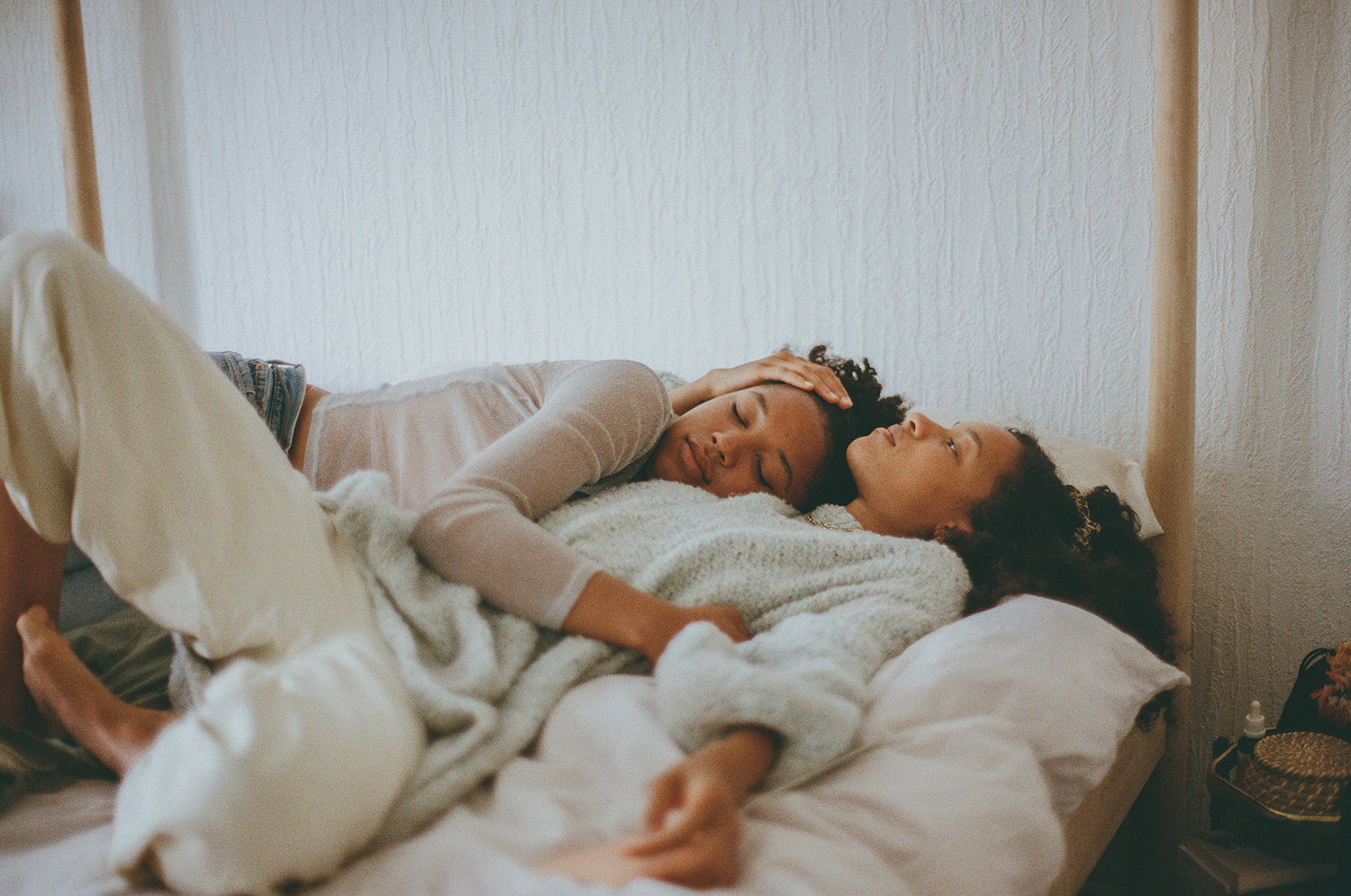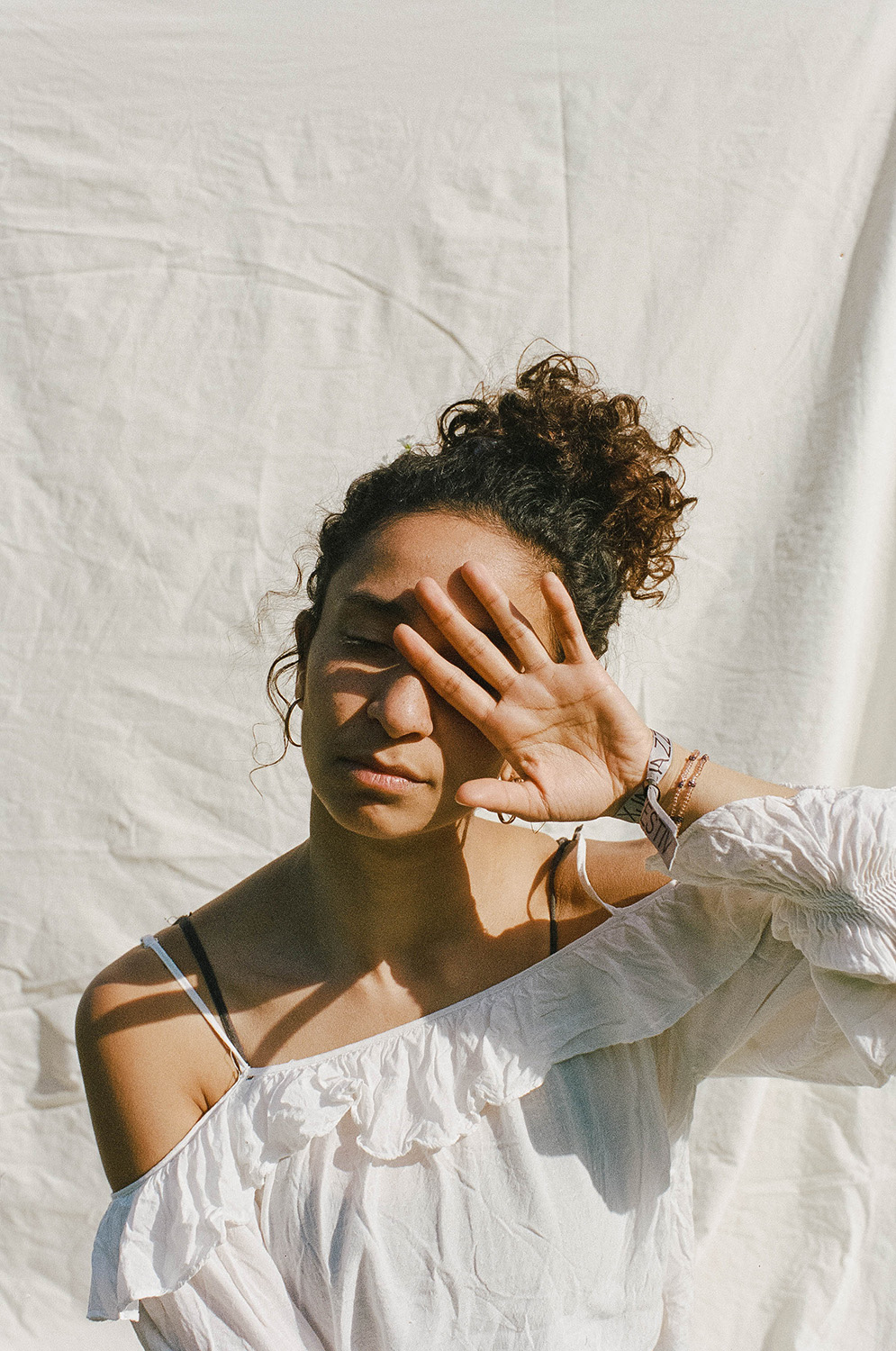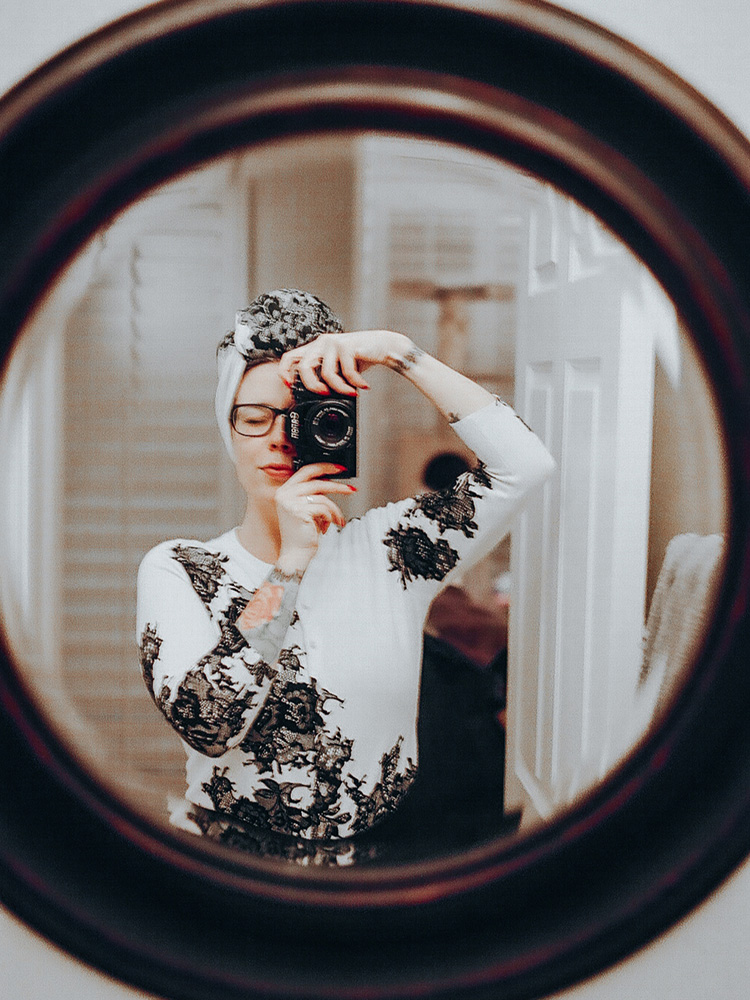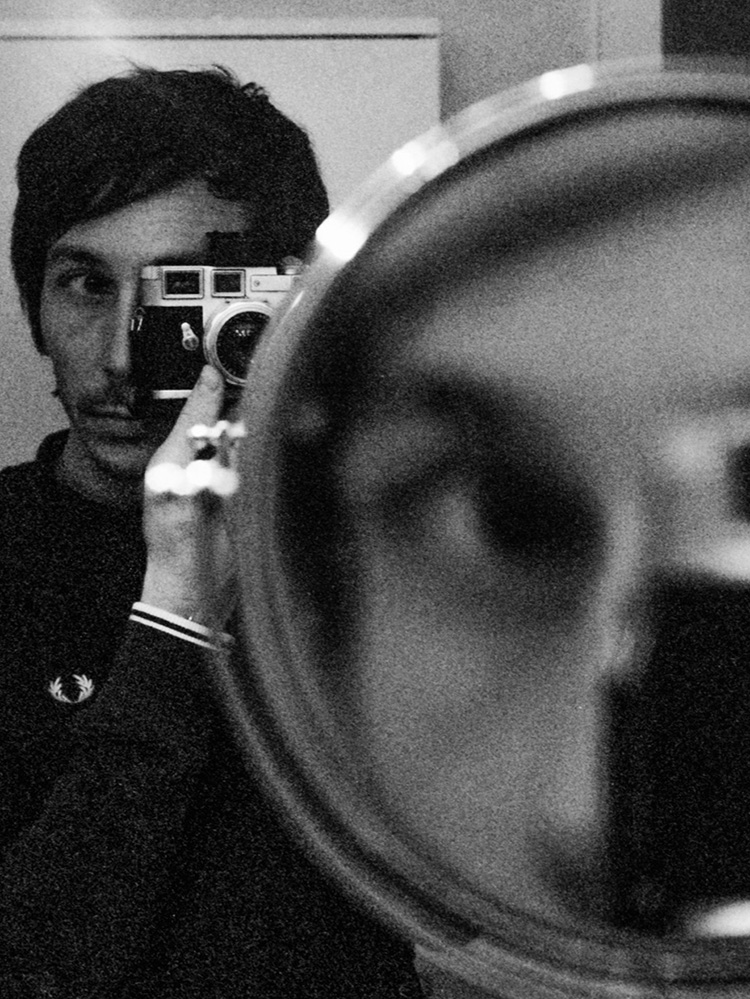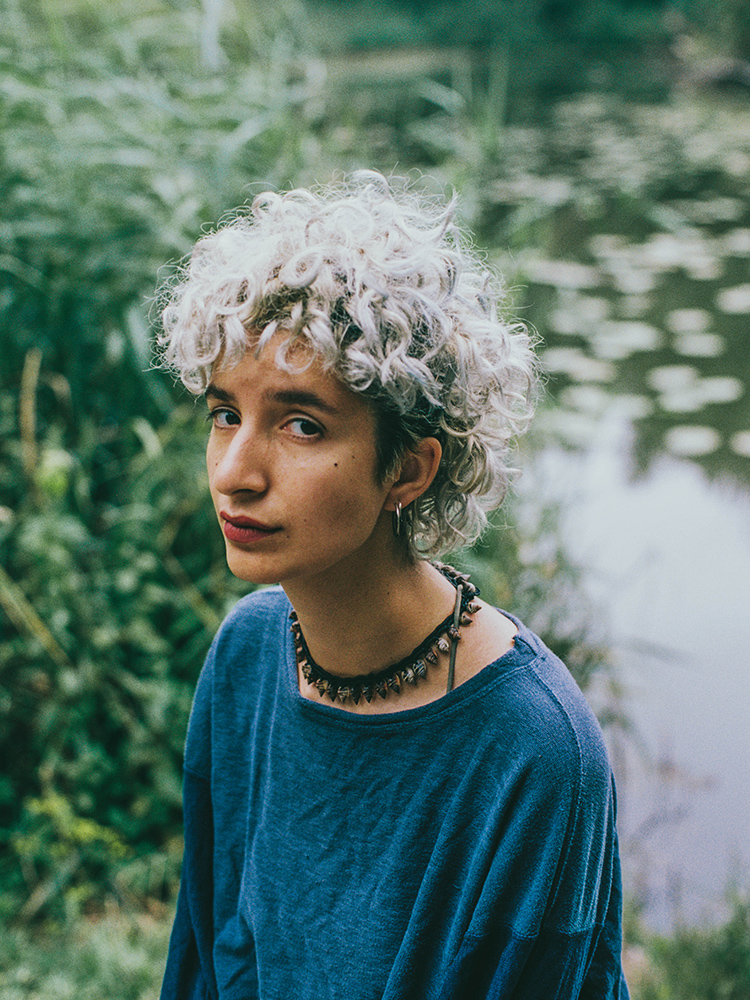
In conversation with
Shannon Benze
Hannover, Germany
Hi Shannon, please introduce yourself.
Hello, my name is Shannon, I am 26 years old, live in Hanover and study photojournalism and documentary photography at Hanover University of Applied Sciences and Arts. Photography has been with me all my life. When I was very young, my father gave me a camera. At the time it was an analogue SLR. Since then, photography has been my mouthpiece.
As I said, I started with analogue photography. In the meantime, I also took digital photos. Since I was 14, but then exclusively analogue. With point and shoot, disposable cameras or now preferably with my analogue Nikon. Photography has always been my means of choice to explain myself, to depict my emotional world and to show people how I see them. In the meantime, I have moved into storytelling through my studies.
What does analog photography mean to you? What excites / fascinates you about it?
Analogue photography reflects and supports my thought process. First there is a vague idea of something that I try to put into words. But these words are nowhere to be found. In the slow process it takes for the analogue photograph to become visible, the words and stories for my projects can emerge. Most of the time I don’t really know how I want to tell something at the beginning. I spin the story intuitively in the process. It grows analogously to the development of the photo from snapping, to darkroom, to developed film, scan and the processing of the digitised image on the laptop. This time gives me and the stories space to breathe and grow. I can’t do that in the same way in digital photography.
In your opinion, what are the advantages and disadvantages of analogue photography?
As I said, the deceleration in the analogue process is a great advantage. It frees up time and space and allows me to work intuitively. It also gives the project room for autonomy. The pictures usually don’t turn out the way I imagined at the beginning. They always bring a new perspective to the captured situation. A big disadvantage for me is the cost. Since I really do a lot of photografiering, it really adds up. Which can be a hurdle as a student.
Do you concentrate on a certain topic in your work?
My work is mainly documentary. Occasionally I also photograph reportage, but this is rare in comparison. My work mainly features people. I incredibly enjoy working with people and engaging with their stories. The photo is actually the smallest part of my working process. The research, the conversations with my protagonists, the building of trust – these content-related and interpersonal work steps take up the most space and are the most fun for me. I am curious about what moves the people I capture with my lens. I like pictures that create closeness. But I can only achieve this if I have really got to grips with the people. I often photograph landscapes as well. But here it’s the same game – I don’t just want to reproduce the landscape, but to depict my emotional world at the moment of its observation.
Are there (analogue) photographers who have influenced your aesthetic and approach?
In itself, I am influenced by an incredible number of different photographers or artists. To limit myself to just a few would not do justice to the range of influences.
Do you have certain cameras and films that you prefer to work with?
I take most of my pictures with my Nikon FM2 or my Olympus µ[mju:]-II. I also like medium format cameras, but they are too big and heavy for normal everyday use. I shoot most with Kodak Gold 200 and Portra 400 films.
Speaking of films: What does your workflow look like?
At the moment, I still hand in my films for developing and scanning at the shop I trust. But I want to start doing it myself soon so I can influence the whole process. After scanning, I edit my photos with Lightroom.
What advice would you have for other photographers who are reading this interview?
It is difficult for me to give general advice. People are different and therefore have different needs when it comes to photography. The choice of subject, aesthetics and message depend on the person looking through the viewfinder. What has helped me the most is to understand who I am and what issues move me in life. What does my voice sound like (or in this case, what does my voice look like) and what does it want to tell about.
If you publish your work on Instagram: curse or blessing?
Neither. I post my pictures on Instagram mainly for myself. That way I see them collected and in relation to each other. Instagram feels like a photo diary that I share with people, but whose evaluation is not my top priority. However, I find it difficult to see the platform as a marketing tool to promote my work.
Which 3 photo books can you recommend / should you definitely own?
No recommendations.
Thank you so much for your time!
Favorites
Nikon FM2, Olympus µ[mju:]-II
Kodak Gold 200, Kodak Portra 400/800
Color
